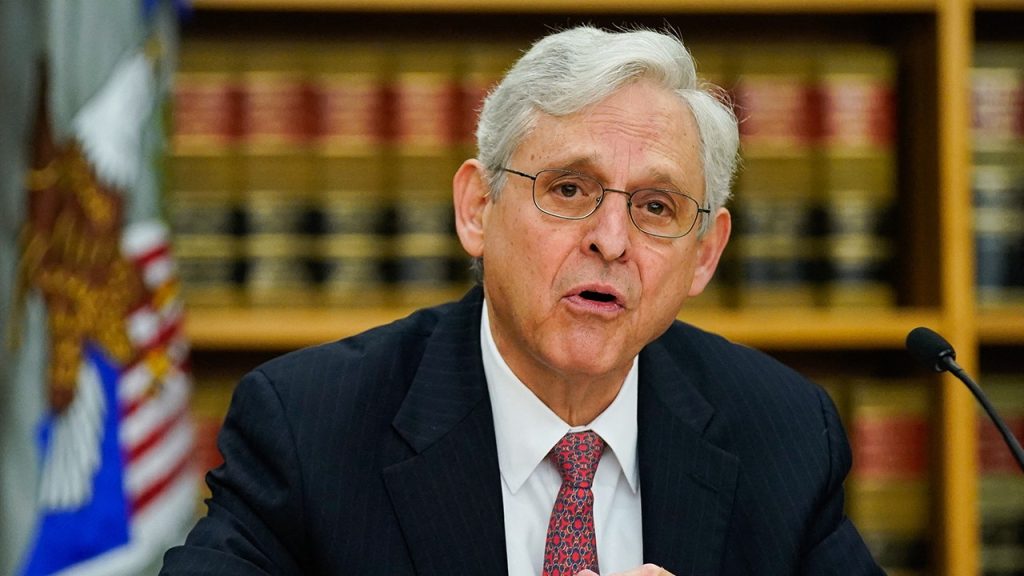The House Judiciary Committee has moved forward with a resolution to hold Attorney General Merrick Garland in contempt of Congress due to the Justice Department’s failure to produce the subpoenaed audio recording of President Biden’s interview with Special Counsel Robert Hur. During a mark-up session on Thursday, the committee considered the resolution, which will now advance to a full floor vote. This decision was made after the White House asserted executive privilege over the audio and video recordings related to Hur’s interviews with the president as part of a classified records investigation. White House press secretary Karine Jean-Pierre emphasized the importance of protecting law enforcement files and the president’s determination to assert executive privilege at the request of the attorney general.
Special Counsel Robert Hur released his report to the public in February after conducting months of investigation and did not recommend criminal charges against President Biden for mishandling and retaining classified documents. Hur explicitly stated that he would not bring charges against Biden, even if he were not in the Oval Office. The classified documents in question pertained to military and foreign policy in Afghanistan and other countries, as well as records related to national security and foreign policy that potentially implicated sensitive intelligence sources and methods. Hur’s characterization of Biden as a sympathetic and well-meaning elderly man with a poor memory has sparked concerns for the president’s 2024 re-election campaign.
The decision to hold Attorney General Garland in contempt of Congress highlights the ongoing tension between the legislative and executive branches over access to information relevant to investigations. The invocation of executive privilege by the White House in this case underscores the administration’s commitment to safeguarding law enforcement files. The House Judiciary Committee’s resolution to hold Garland in contempt sets the stage for additional legal and political battles over the release of the subpoenaed audio recording of Biden’s interview with Special Counsel Hur. This conflict raises questions about the limits of executive privilege and the balance of power between branches of government.
The refusal to produce the audio recording of President Biden’s interview with Special Counsel Hur has implications for both transparency and accountability within the federal government. The decision to advance a resolution to hold Attorney General Garland in contempt of Congress signals a willingness to challenge the executive branch’s assertion of executive privilege in the interest of obtaining critical information for congressional investigations. The White House’s assertion that the audio and video recordings must be protected as law enforcement files adds a layer of complexity to this dispute, which could have far-reaching consequences for future interactions between Congress and the Justice Department.
Overall, the House Judiciary Committee’s actions regarding the contempt resolution against Attorney General Garland reflect the broader dynamics of congressional oversight and the executive branch’s efforts to shield sensitive information from public scrutiny. The controversy surrounding President Biden’s interview with Special Counsel Hur and the subsequent refusal to produce the audio recording underscore the challenges of conducting investigations into potentially sensitive matters involving high-ranking officials. As the resolution moves towards a full floor vote, the outcome will have significant implications for the balance of power between the legislative and executive branches, as well as for the broader landscape of federal government transparency and accountability.


